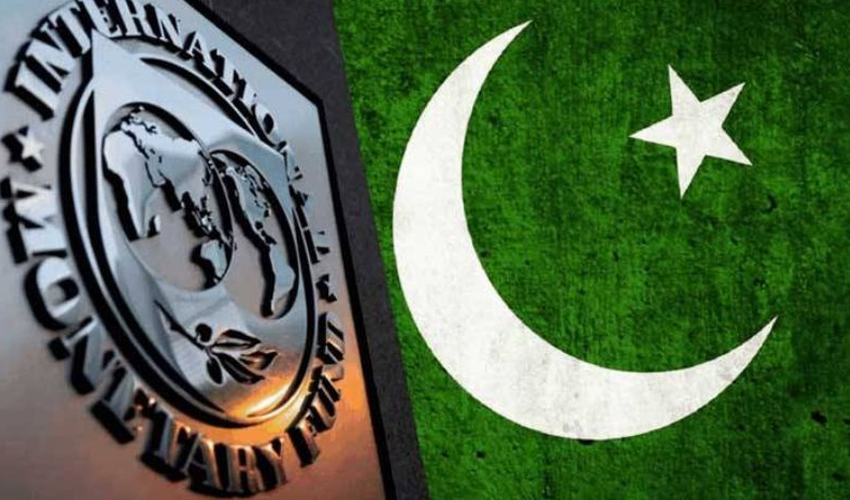Islamabad: According to a brief statement from Esther Perez Ruiz, the Resident Representative of the International Monetary Fund (IMF) in Pakistan, a team from the IMF is scheduled to visit Pakistan next week to explore the possibility of a new loan program. Led by Nathan Porter, the Fund’s Mission Chief, the delegation aims to engage with Pakistani authorities in shaping the next phase of cooperation.
Ruiz emphasized that these forthcoming discussions aim to lay the groundwork for enhanced governance and promote economic growth that is both inclusive and resilient, thus benefiting Pakistan at large.
The IMF delegation’s visit is slated to span over 10 days, during which the lender will gather pertinent data from various governmental departments. Additionally, negotiations with the Finance Division regarding the fiscal budget for the upcoming year, 2024-25, will take place.
Pakistan has formally requested a new bailout package ranging from $6 to $8 billion, spanning a duration of at least three years, under the Extended Fund Facility. This package also leaves room for potential additional financing aimed at addressing climate-related concerns.
Last month, Finance Minister Muhammad Aurangzeb expressed optimism about achieving a Staff-Level Agreement on an expanded loan program with the IMF by June-July 2024.
In its recent “Second and final review under the Stand-By Arrangement (SBA)”, the IMF revised down its projection for Pakistan’s gross external financing needs to $21.044 billion for the fiscal year 2024-25, representing 5.5 percent of GDP. This adjustment contrasts with the previous fiscal year’s figures, which stood at $24.965 billion, equivalent to 7.1 percent of GDP.
However, the IMF cautioned that Pakistan’s ability to repay the Fund remains precarious, contingent upon effective policy implementation and timely external financing. The Fund’s exposure stands at SDR 6,546 million, amounting to 322 percent of quota and approximately 102 percent of projected gross reserves as of end-April 2024, following the completion of all transactions under the SBA.
Highlighting significant risks, the IMF pointed to potential challenges arising from delayed adoption of reforms, high public debt and financing needs, low gross reserves, the State Bank of Pakistan’s net FX derivative position, fluctuating inflows, and socio-political factors. These factors, if not addressed adequately, could undermine policy execution, impair repayment capacity, and compromise debt sustainability.
